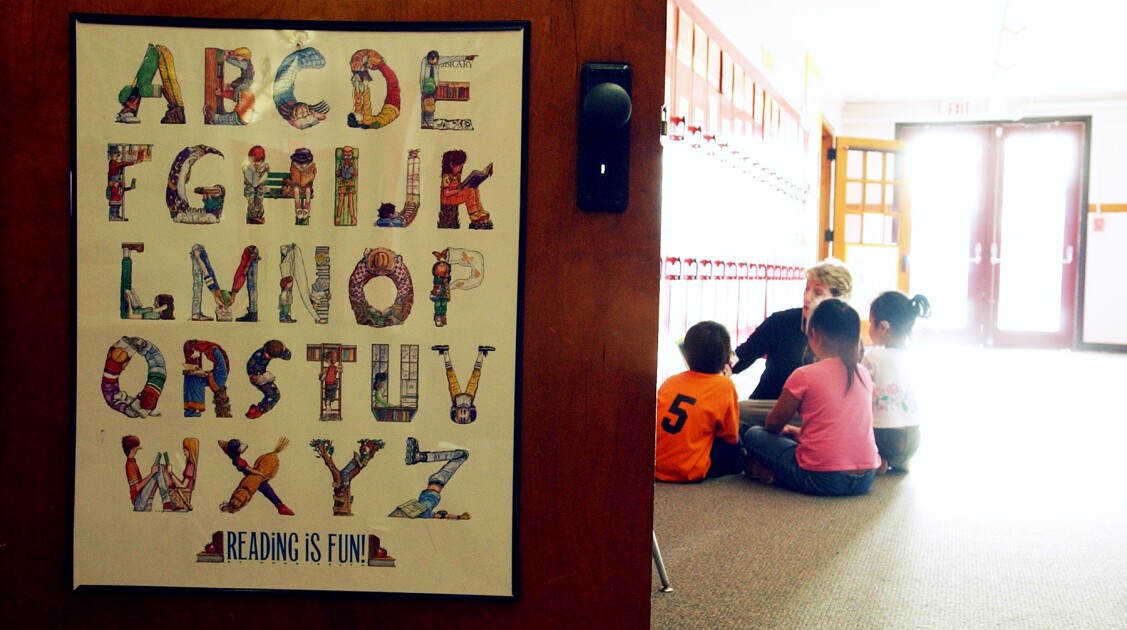How can teachers communicate high expectations to students?
Detailed feedback can make all the difference. Here’s something I wrote about the topic for Character Lab as a Tip of the Week:
“What do you mean by this phrase? It’s incorrect and adds nothing to the sentence. Omit.”
Professor Jones’ hypercritical feedback on my paper stung when I first read it. I scanned his comments for a “Good job!” or “I love this idea,” but they were nowhere to be found.
Everyone likes warmth and encouragement, but purely positive affirmations don’t communicate what can be improved. Research I conducted in collaboration with Lisel Murdock Perriera and Jennifer Lynn Eberhardt on Character Lab Research Network finds that direct, informative feedback requiring students to revise their own work is more effective. The key is fixing it themselves: Feedback that does the work for a student—correcting a misspelled word, rewriting a sentence—can signal a teacher’s low expectations.
When kids see targeted comments that suggest what needs to be changed, they come to realize they can do things on their own and become more independent learners. As a bonus, this kind of feedback lets students know that their teacher believes in them.
As for me, I owe Professor Jones a debt of gratitude. His pointed criticism let me know that he took me seriously, he was expecting me to do better, and the detailed comments scrawled on every page gave me the tools to improve. Teachers can (and should!) add affirmations to their feedback as long as it’s not the only thing they’re doing. For the professor, this looked like a note at the end of another paper: “I’m sure things will improve as the term and year wear on.”
Don’t confuse warmth with promoting a growth mindset. Being nice isn’t the same as showing someone you believe they can improve.
Do give detailed feedback that sets young people up to take charge of their own learning. For example, instead of rewriting a sentence, say: “This is a run-on sentence. Try reading it out loud and add punctuation in places where you naturally take a breath.” Ask probing questions that prompt students to think about their approach, then let them revise on their own. When it comes to writing, the easiest path isn’t always the best one.








